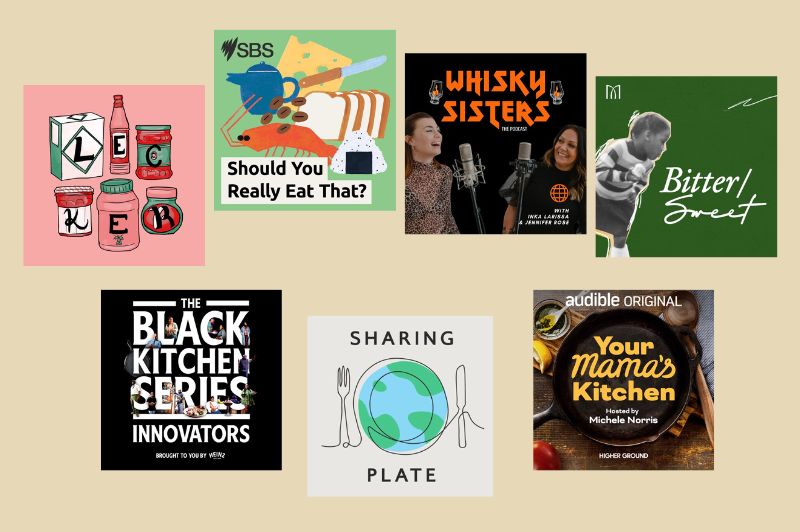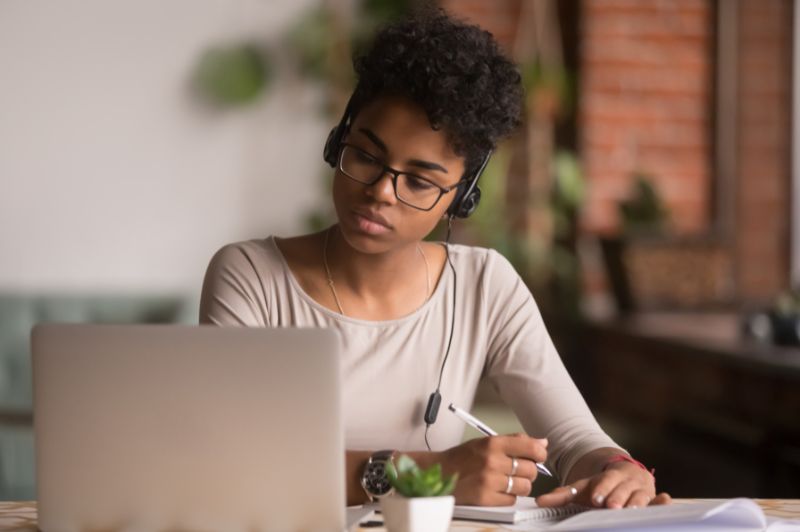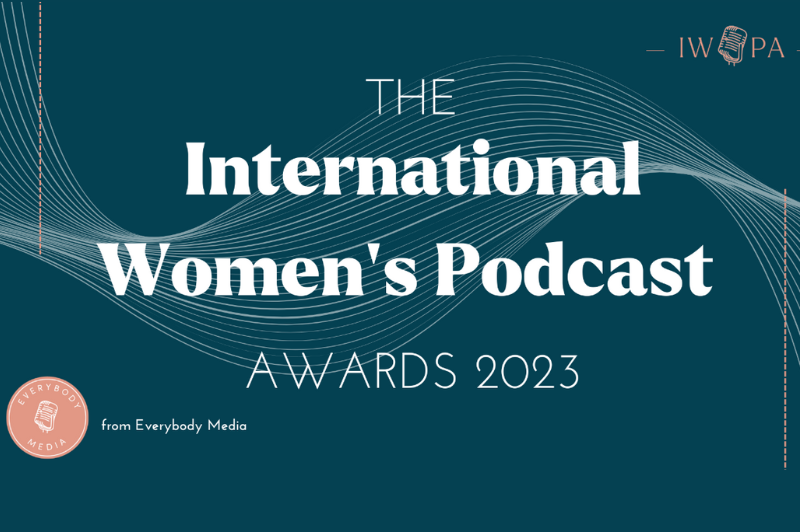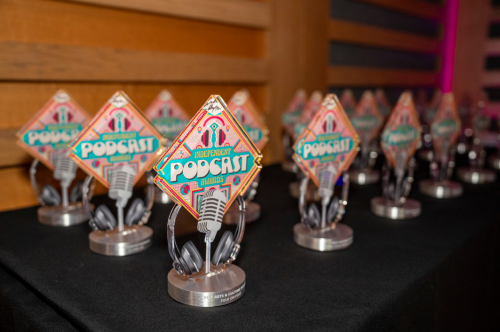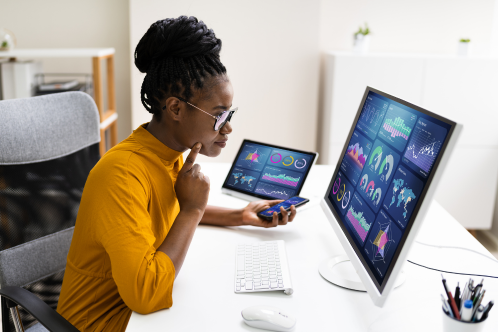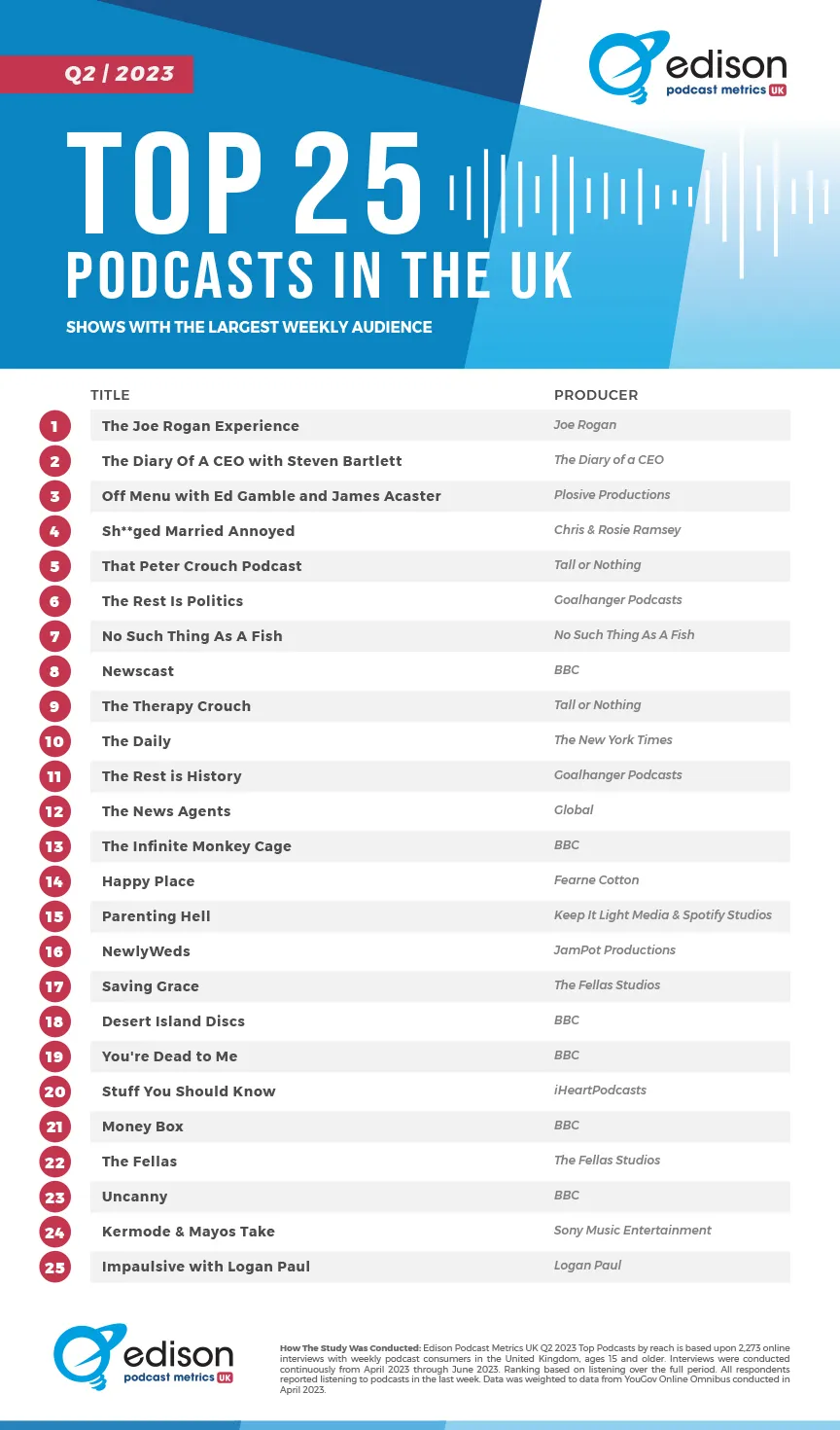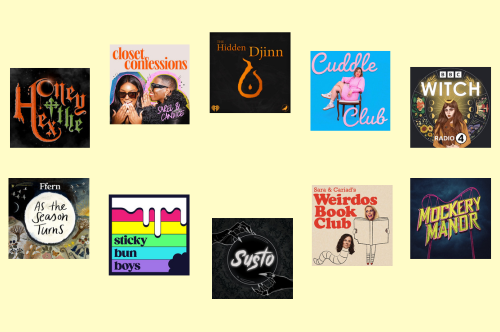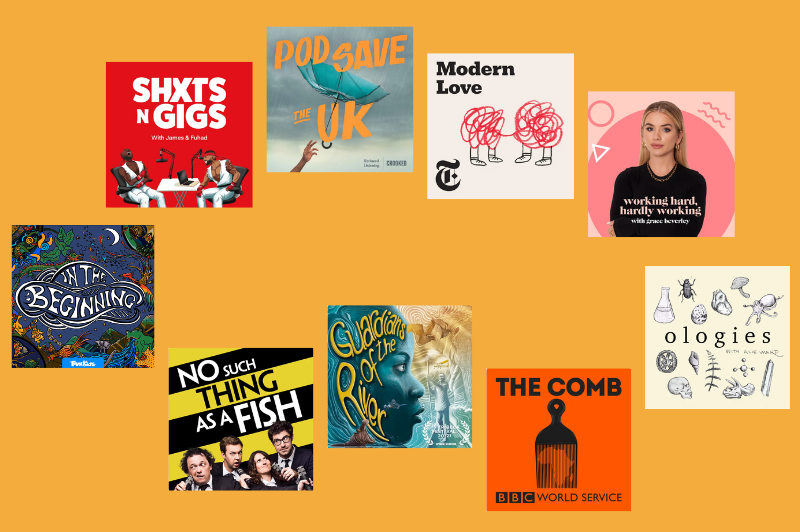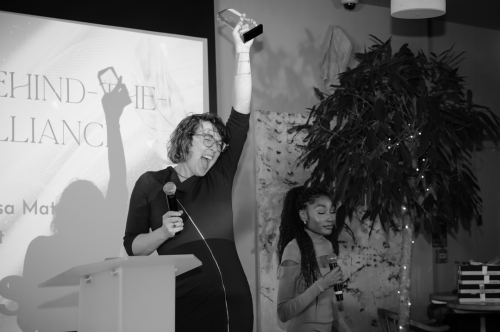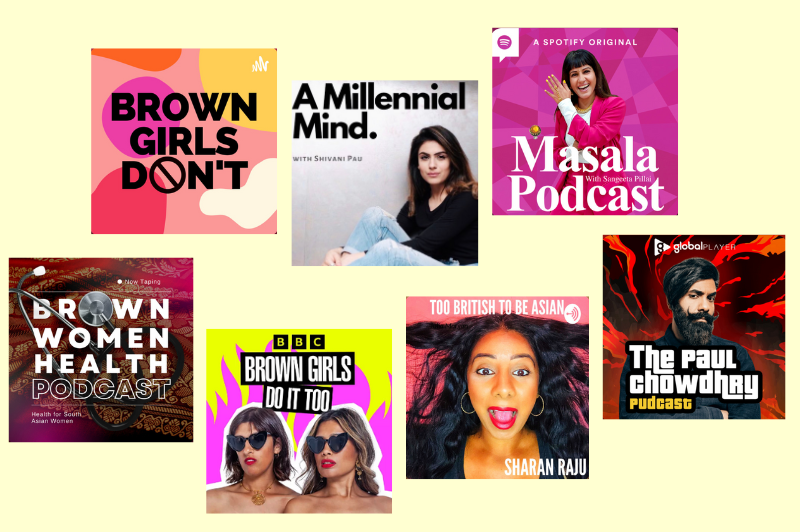Many podcast apps file food podcasts under the umbrella of the ‘Arts’ category. But whilst it’s true that good cooking can be an art form, podcasts about food are often about so much more than that.
Food has strong social connections and often goes alongside the time we spend with friends and family. It can connect us to cultures, whether that is enjoying the meals of our heritage or a new dish on our travels. Yet at the same time, the ingredients we use are often bound up in complicated histories, from the spice routes across continents to the origin of our coffee.
With all these aspects to food, it is no wonder that food podcasts are so popular with listeners – and after all, the potential audience is very wide because eating is something we all have to do!
Whatever aspect of food you want to explore, these seven podcasts have the recipe for your next listen.
Bitter/Sweet
Created by Natasha Miller, Bitter/Sweet is an offshoot of her brand, Miller Libertine (which creates sensory food experiences). But this show goes well beyond any branded podcast. The guests are guided through telling the story of their most memorable meal, with gentle prompts from Natasha to describe aspects like the surroundings and atmosphere. As bookends to the guest’s story, Natasha gives us her own memories of her mother’s cooking, which are tied up with grief after her recent passing. What results is a beautiful buffet of episodes, all less than twenty minutes long, that you can graze on. – listen here.
Lecker
Named after the German word for ‘delicious’, ‘tasty’, or ‘mouth-watering’, Lecker is a podcast exploring what and how we eat. Lucy Dearlove has been producing and hosting the show since 2016, and the back-catalogue offers a range of interviews, documentary and audio-art. As well as standalone episodes, there are short series that dive into (often very) specific subjects in detail – for example, ‘Blasstal!’ explored the food and folklore on the Isle of Man (blasstal is the Manx word for ‘tasty’). If you’re a fan of more longform conversations, Lucy also talks to the authors of food-related books in the monthly Lecker Book Club episodes. – listen here.
Should You Really Eat That?
A fascinating new show from SBS in Australia, Should You Really Eat That? investigates cultural food trends and popular questions about diet in the modern world. Should you really add salt to your coffee because TikTok told you to? Do we need to avoid white rice, even when it’s a staple of many cultures? Food writer Lee Tran Lam untangles these questions by exploring the social, cultural and nutritional facts about the food and drinks we consume. With insights from chefs, dietitians and other experts, this helps listeners decipher the dietary headlines to make eating choices that are right for them – listen here.
The Black Kitchen Series
A recent winner at The International Women’s Podcast Awards, The Black Kitchen Series is a podcast from the USA that explores food from the Black perspective. The most recent ‘Innovators’ series focused on unearthing people who are changing the face of food. What’s lovely is how host Jade Verette brings honesty and anecdotes that help global listeners understand the cultural significance of the topics: she leads us into the episode on Black veganism by telling us “When I hear the word ‘vegan’ it feels real white. And when I hear ‘soul food’ it feels real Black.” We get to explore with her why that distinction is inaccurate, as she meets a chef making vegan soul food popular – listen here.
Your Mama’s Kitchen
In this podcast from Audible, journalist Michele Norris asks her guests to “tell me about your mama’s kitchen.” The question of course opens up conversations about meals, but also about identities – and because the show is produced by Higher Ground (Barack and Michelle Obama’s media company) we get to learn about some big guests. Michelle Obama’s episode lets us hear about her mother’s red rice cooked in a too-small apartment. Actor Andy Garcia’s episode starts with fried spam, but gives us an insight to his family’s exile from Cuba after the Bay of Pigs Invasion. This is a great one to listen to whilst making your own dinner tonight – listen here.
Whisky Sisters
A slight stretch on the ‘food’ theme, but whisky (and whiskey) has such historical and cultural significance that it lends itself to the theme of this list. The Whisky Sisters podcast really opens up the world of whisky, from helping newcomers learn how to taste, to exploring women’s role in the whisky industry. Hosts Inka Larissa and Jennifer Rose are based in Scotland, so there is an emphasis on Scotch, but they also travel via their tastebuds to other countries – a particularly unexpected one being the first ever whisky distillery in Italy. The rock theme music and stings also add some fun to the listening experience – listen here.
Sharing Plate
Lara Bishop speaks to people who have made the UK their home, and uses the subject of food to explore their sense of self and place. But the fact that every guest is either a refugee or started their life in the UK as a refugee adds an extra level of meaning to these conversations. We of course get to hear about the meals themselves, but we also get to hear the significance of finding a shop that sells the ingredients needed for that meal. Listening to these seemingly small aspects after first-hand accounts of life in a war zone helps listeners realise that even the smallest thing can be a big help in establishing yourself in a place – listen here.

